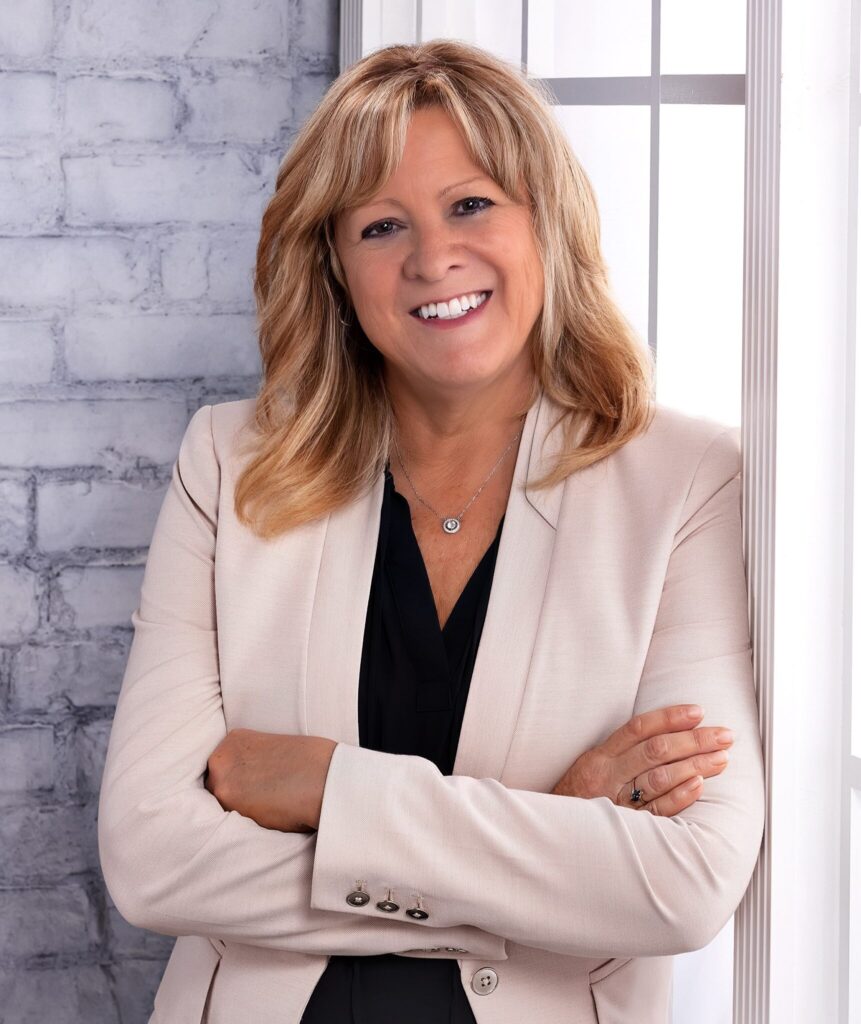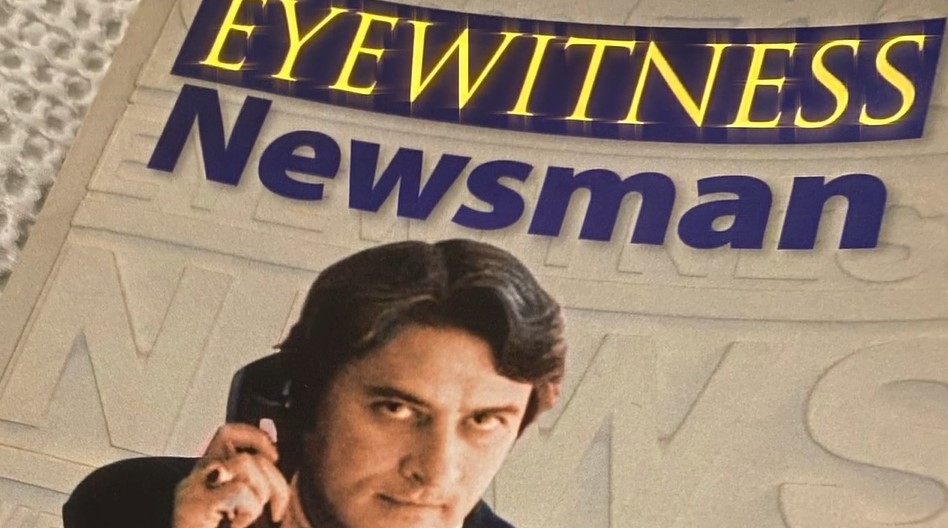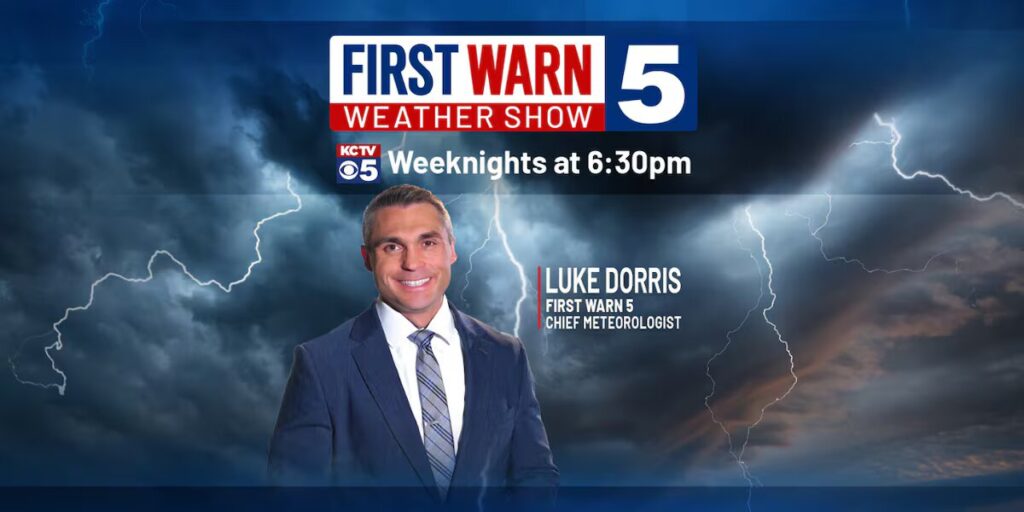The FCC's approval of Comcast's $13.75 billion takeover of NBCU requires the O&Os to air “thousands of additional hours of local news and information programming.” In addition, the agency said, some of the stations must enter into cooperative arrangements with locally focused nonprofit news organizations and they must provide free, on-demand local programming. According to an FCC source, NBC and Telemundo stations must also air a fourth hour of children's programming each week.
FCC Imposes New Obligations On NBC O&Os
In approving Comcast’s acquisition of a controlling stake in NBC Universal from General Electric by a 4-1 vote yesterday, the FCC conditioned the grant on the NBC and Telemundo O&Os providing more news and children’s programming.
The new public interest obligation were among many affecting other areas of Comcast and NBCU businesses that were imposed not only by FCC, but also by the Department of Justice, which also blessed the $13.75 billion deal yesterday.
Now that the regulators have had their say, the parties are free to go to closing. That’s expected by the end of the month.
“After a thorough review, we have adopted strong and fair merger conditions to ensure this transaction serves the public interest,” FCC Chairman Julius Genachowski said in a statement. “The conditions include carefully considered steps to ensure that competition drives innovation in the emerging online video marketplace.”
After nine months of negotiations and three months of media speculation, Comcast announced its agreement to take over NBCU in December 2009.
In exchange for $6.5 billion in cash and $7.25 billion in programming assets, Comcast would acquire a controlling 51% share of a newly joint venture. GE would retain 49% interest.
Although most observers saw the deal as Comcast’s desire to snatch NBCU’s plum cable networks, notably USA, Bravo, Syfy, CNBC and MSNBC, Comcast executives were quick to say they were also committed to the broadcasting business, which includes NBC and the NBC and Telemundo O&Os.
In its grant, the FCC went a long way toward codifying that commitment.
To further “broadcast localism,” the FCC says in an outline of the conditions released yesterday, the O&Os must air “thousands of additional hours of local news and information programming.” On a conference call after release of the outline, FCC offcials were unwilling to provide details. However, in her statement, FCC Commissioner Mignon Clyburn said the NBC O&Os will have to “collectively produce an additional 1,000 hours per year of local news and information programming” for the next three years.
In addition, the outline says, some of the stations must enter into cooperative arrangements with locally focused nonprofit news organizations and they must provide free, on-demand local programming. An FCC source said the non-profit news requirement applies to only five NBC O&Os, including KNSD San Diego, which is already working with such an organization, Voices of San Diego.
Although the stations must cooperate with the non-profits, they are not obliged to carry any of the programming they produce, the source said.
The FCC is also requiring Comcast to expand its Spanish-language programming on the stations as well as on on-demand and online platforms. The Telemundo stations now air Spanish-language programming only.
For the sake of children, the FCC says in the outline, Comcast must also “increase the availability” of children’s programming on its TV stations and “add at least 1,500 more choices” to its on-demand offerings. According to the FCC source, the agency is demanding that the stations air one additional hour of children’s programming each week for the next three years. Under current rules, they must air three hours.
Another condition would require Comcast to provide additional on-screen ratings information on broadcast and cable channels and improved parental controls.
The FCC also said that it adopted a series of conditions that were agreed upon by Comcast and the affiliates of the Big Four broadcast networks.
Among other things, those conditions would protect “the integrity of over-the-air broadcasting, network-affiliate relations and fair and equitable retransmission consent negotiations” between the affiliates and Comcast.
Other conditions attached to the grant would require Comcast to offer broadband services to low-income households at reduced prices and provide high-speed broadband to schools, libraries and underserved communities.
The grant also contains safeguards designed to prevent Comcast from discriminating against other cable programmers seeking carriage on Comcast systems and other cable systems seeking to carry Comcast’s cable networks.
FCC Commissioner Michael Copps cast the dissenting vote. “[A]t the end of the day, the public interest requires more –much more– than it is receiving,” Copps said in a statement explaining his opposition. The joint venture “opens the door to the cable-ization of the open Internet,” he said. “The potential for walled gardens, toll booths, content prioritization, access fees to reach end users, and a stake in the heart of independent content production is now very real.”
Copps also addressed the impact on broadcasting. “Given that this merger will make the joint venture a steward of the public’s airwaves as a broadcast licensee, I asked for a major commitment of its resources to beef up the news operation at NBC. That request was not taken seriously.
“Increasing the quantity of news by adding hours of programming is no substitute for improving the quality of news by devoting the necessary resources,” he added.
For a look at the outline of the conditions, click here. The FCC is expected to release the entire order detailing the conditiions within the next couple of days.


























Comments (17)
matt fess says:
January 18, 2011 at 4:04 pm
Where does Mike Copps think that the government has the right to require the NBC Owned stations to have to do thousands of hours of more local news and to add resources in order to get approval? He is such a government control guy it scares me,
Christina Perez says:
January 18, 2011 at 4:12 pm
The comment “held for blog owner” — when WaPo does no such thing:
Today is the day that corporate fascism became the business law of the land, the day that a century of anti-trust law was put on the scrap heap. This FCC and this Justice Department have made a mockery of the notion of “the public interest.” Shame on the Obama administration for bowing to greedster monopolists.
Debra winans says:
January 18, 2011 at 4:24 pm
PhillyPhlash….I thought Comcast was going to back out at the last second??? What happened there?
I agree with eagleeye1 in the sense that some of these conditions are a bit of an over-reach.
Christina Perez says:
January 18, 2011 at 4:54 pm
Yep, I did not count on the nullification of a century of antitrust law. Fascism has come to corporate America, enabled by the naivety of those who think “it can’t happen here” (more on that at NowPublic.com/scrivener). And yes, the conditions will be invalidated by the courts, making this monopolist coup a total fait accompli. It is now up to Tina Fey to put it to her new “Kabletown” bosses — or will she give them the ole Genachowski genuflect?
Debra winans says:
January 18, 2011 at 5:20 pm
The NowPublic.com/scrivener website had 4 pop-up ads right when I got there that prompted me to leave the page without reading it. Sorry chief.
Christina Perez says:
January 18, 2011 at 7:47 pm
What, are you some kind of commie? That’s free enterprise!
Alli Smith says:
January 18, 2011 at 4:55 pm
Why do all the stupid people and special class students work for my uncle???
Doug Halonen says:
January 18, 2011 at 5:16 pm
The requirements imposed on the Comcast-GE joint venture are hardly onerous. Anyone who remembers the broadcast license renewal regime in the pre-Mark Fowler era knows that. Thousands of hours of additional local programming spread across how many O&Os with all their sub-channels? It is barely a return to our local public service requirements that were in force until the mid 1980s. In addition, requirements for local programming sometimes, if not often, bring out some genuine creative genius in the program and news staff. Some of the programs they created went on to success in syndication. One in particular comes to mind…it used to be a local show on New York’s WABC-TV. It is now “Live with Regis & Kelly.” Local programming is not only good business for a TV station, but it also creates a farm team for bigger platforms. If broadcasters are to remain central to the mass media business, they have to be creative. If Comcast and General Electric found the requirements at odds with their business model, they could have fought them or dropped the joint venture plan.
Andrea Rader says:
January 18, 2011 at 8:39 pm
As much as it pains me to say it, Michael Copps is absolutely right. Additional hours of repetitive car chases, fires, etc. is no substitute for quality programming. As with banksters and financial reform, Comcast will keep finding new ways of screwing their customers. For instance, giving away broadband and selling computer hardware below cost just means higher bills for everyone else. And only SIX additional rural communities will receive broadband service? As always, we get the government that can be bought by the highest bidder. If you think THIS is bad, stay tuned for retrans reform, spectrum theft, etc.
Christina Perez says:
January 18, 2011 at 10:40 pm
Point of information: Is this really a done deal, or could it be reversed by an act of Congress? The FCC is a creation of Congress.
Debra winans says:
January 19, 2011 at 9:25 am
give it up man. it’s going to happen.
kendra campbell says:
January 19, 2011 at 8:35 am
Copps makes a critical point regarding news quality vs. quantity. Most local stations have significantly expanded news quantity over the past decade. Quality has fallen like a rock. Local news is now cheap fill where content is defined by crime, mayhem, car wrecks, and moronic weather hype. Most local newscasts are nothing more than a vehicle for an obsence commercial glut.
ruth goin says:
January 19, 2011 at 9:39 am
First of all this is the worst thing that can happen to the broadcasting industry. This should never have been approved. That said, imposing such conditions on the O&O’s is outrageous and for Comcast to agree to those is even more outrageous. The O&O’s are the sacrificial lamb in this deal. We are entering a new world where the cable companies rule the media. If I owned a station in one of the Comcast markets I’d be very worried.
Mike Barras says:
January 19, 2011 at 11:49 am
So the ComcastNBC-Uni deal will require more local news/programing commitment…how does this jibe with outsourcing Sports (albeit w/Comcast Sports) at KNTV/San Jose-SF-Oakland?
Ruth Windsor says:
January 19, 2011 at 3:19 pm
This deal is done and the industry now can only hope for the best. It is clear however that no-one at the FCC has a remote understanding of what it means to be a steward of a local television station and the historical role that those stewards have played in the development of broadcast television. The quality of local TV is determined by the ethos of who holds the keys to the door and no set of rules has, or ever will define true service to the local community.
kendra campbell says:
January 20, 2011 at 7:57 am
Being a “steward of a local television station” might have meant something 25 years ago – but not today. 90% of the stations have no clue what that even means.
Stephen Henry says:
January 23, 2011 at 1:46 pm
These conditions are a joke! What should have been key to this deal is that NBC or Comcast would have to divest either their owned and operated stations or cable clusters in ANY market that the two co-exist!